Belgian National baseline assessment on Business and Human Rights in conflict-affected areas
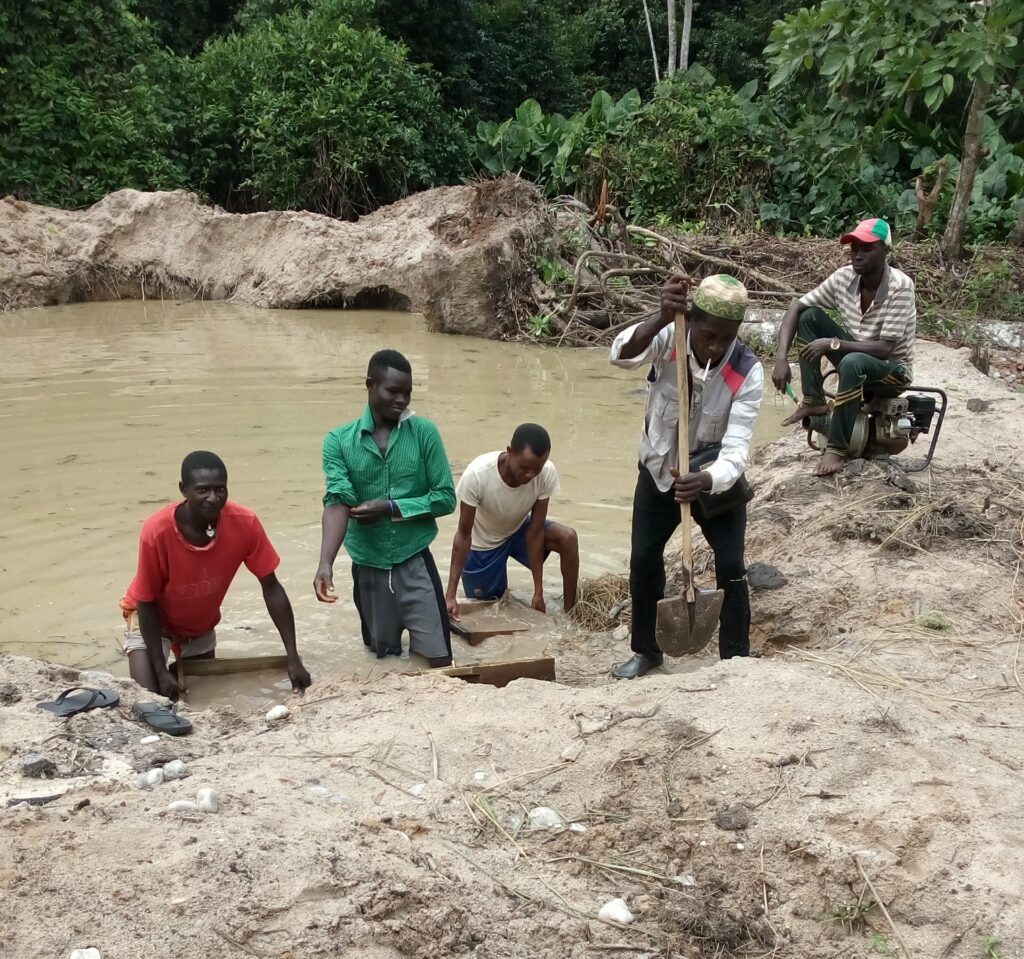
IPIS participates to the Belgian National Baseline Assessment on Business & Human Rights (NBA). The goal of the study is to chart the progress made by the Belgian government and companies since the establishment of the first National Action Plan (NAP) on Business and Human Rights in July 2017. The NBA is executed by a […]
Assessment of miner’s revenue & basic needs study
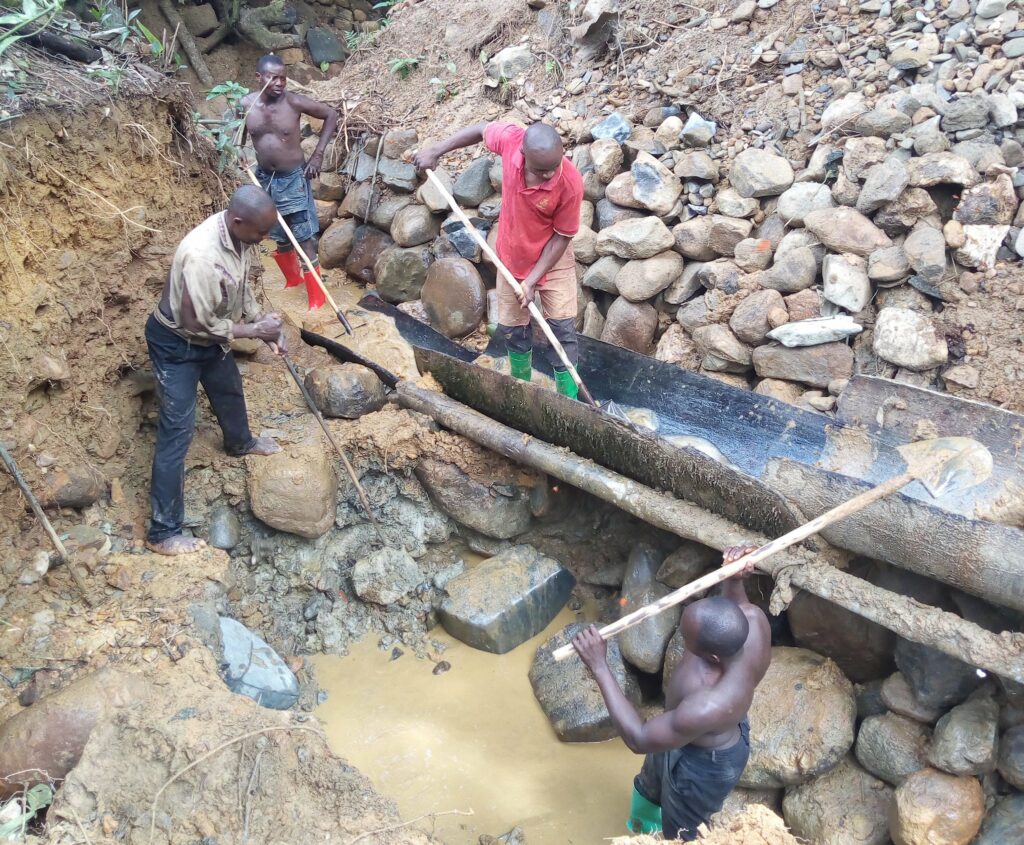
In Eastern DR Congo, miners’ families have a difficult time to make ends meet even though artisanal and small-scale mining (ASM) is among the best income sources available to many. In an in-depth analysis of incomes and revenues of artisanal and small scale mining, IPIS and Levin Sources compare the income of miners and basic […]
Monitoring gold in eastern DRC: Ground-based incident reporting
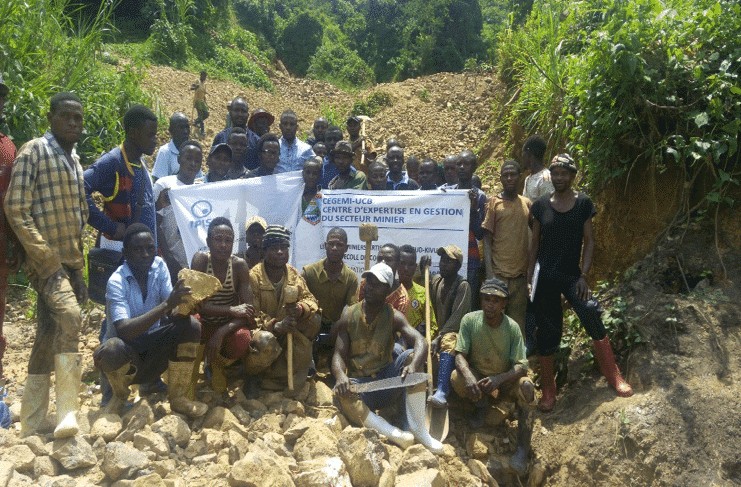
With the support of the European Partnership for Responsible Minerals (EPRM), IPIS set up an independent, transparent and participatory platform for incident reporting and community empowerment in responsible sourcing in the Eastern DR Congo gold sector. IPIS has engaged in capacity enhancement of 7 mining cooperatives through a series of trainings and follow-up visits led […]
Mapping artisanal small-scale mining in the Central African Republic

In February 2019, IPIS began partnering with the Artisanal Mining and Property Rights (AMPR) project from the U.S. Agency for International Development (USAID) to increase awareness and understanding of the opportunities and challenges of establishing responsible gold supply chains in the Central African Republic (CAR). IPIS supported the Ministry of Mines in mapping artisanal mining […]
Defence-related companies in Africa
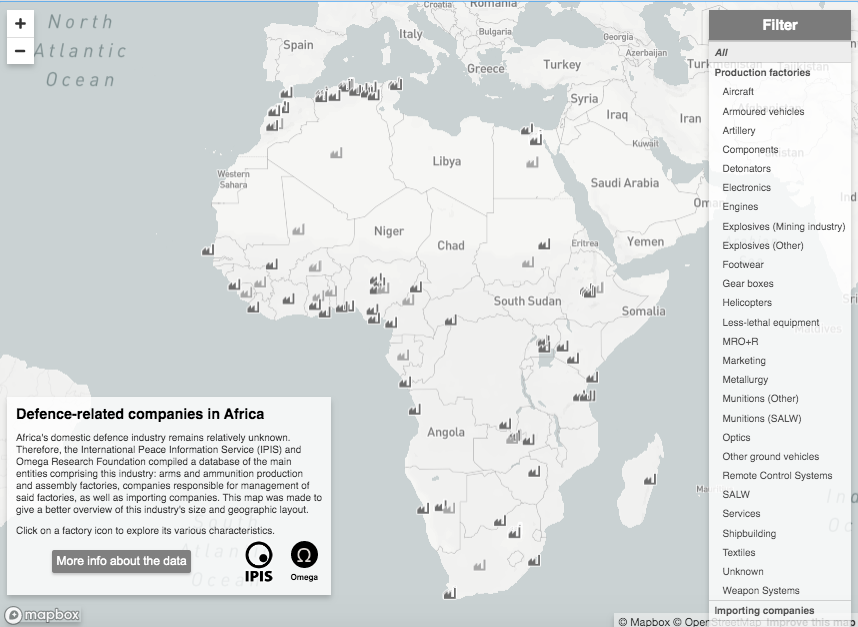
Africa’s domestic defence industry remains relatively unknown. Therefore, IPIS and the Omega Research Foundation have compiled a database of the main entities comprising this industry, including companies that manufacture, assemble or maintain: arms and ammunition; aeronautical components; vehicles; as well as importing and management companies. This data has been mapped to give an overview of […]
Pastoralism in the Central African Republic conflict
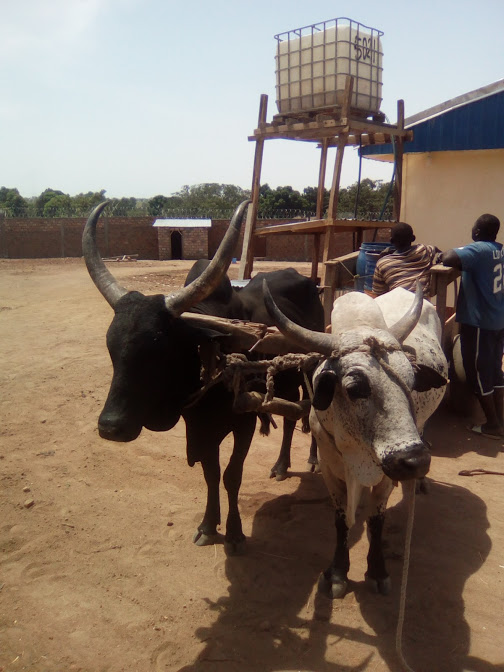
IPIS engaged with the British NGO Concordis International in a 3-year mediation and peace building project on pastoralism in the Central African Republic (CAR). The research aims to enhance understanding of transnational transhumance conflict dynamics and to promote regional peace building measures. To avoid cattle thefts and taxes from the armed groups, pastoralists have deviated […]
Improving monitoring, research and dialogue on Business & Human Rights in Tanzania
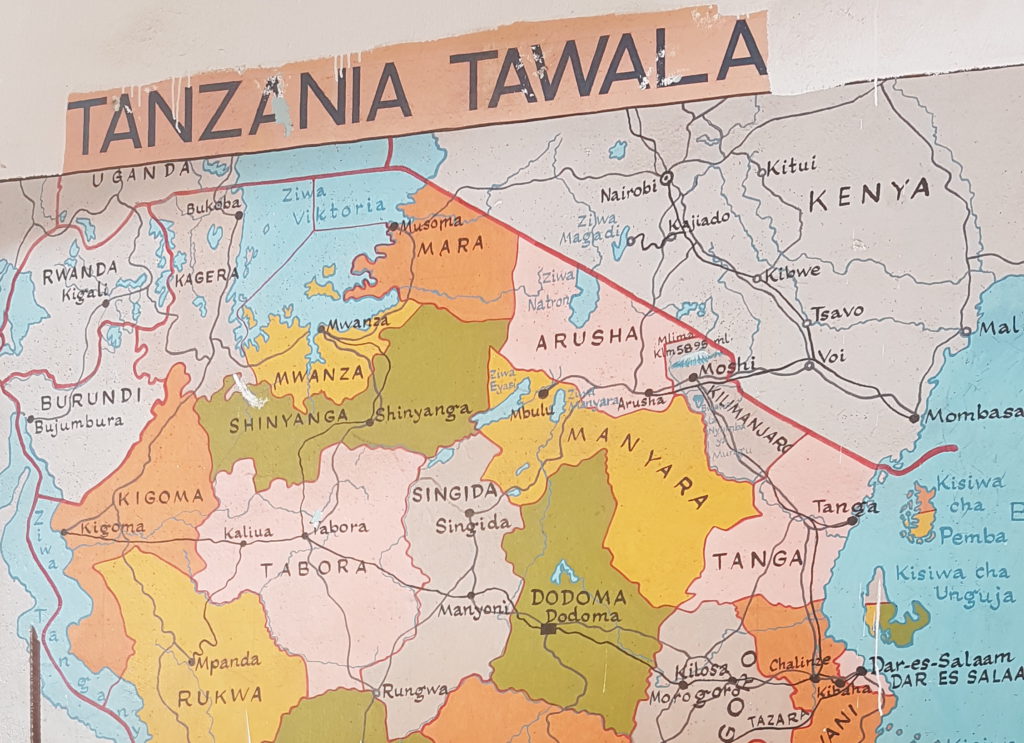
Since 2017, Business and Human Rights Tanzania (BRHT), the Commission for Human Rights and Good Governance (CHRAGG) and IPIS are collaborating to enhance national and local capacities for the protection of vulnerable groups from, the monitoring of, the reporting on, the prevention of, and ensuring accountability for corporate human rights harm in Tanzania. The project […]
Design of the ICGLR regional database and visualisation platform on mineral flows
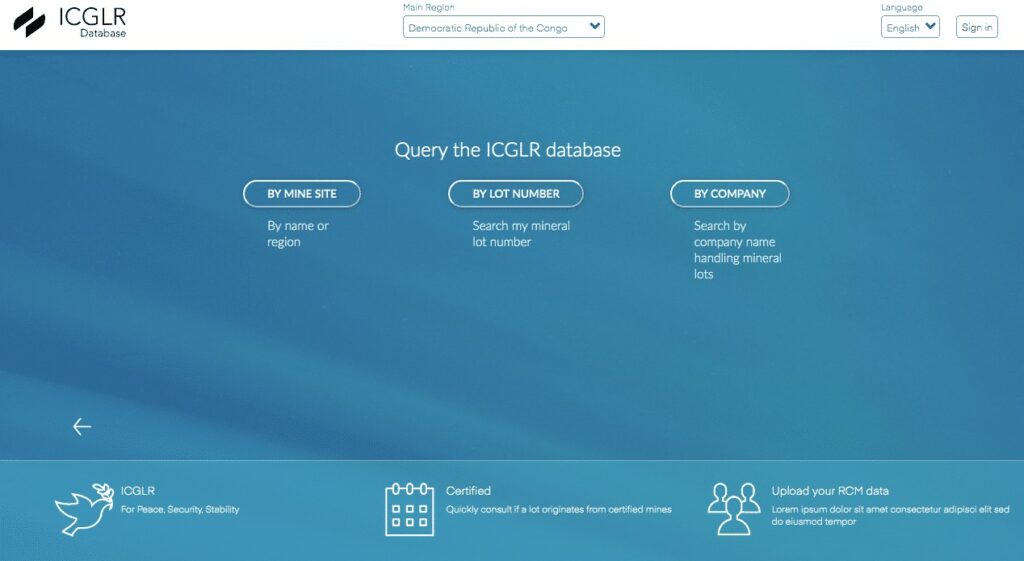
Consultancy In 2018, IPIS developed a database and delivered training for the International Conference of the Great Lakes Region (ICGLR). The objective was to deliver a working prototype webtool to investigate the relation between mining exports lots and the artisanal mining sites where their content originated. In 2019, IPIS and Levin Sources have been engaged […]
Mapping the socio-economic and human rights impact of mining in Northwest Tanzania
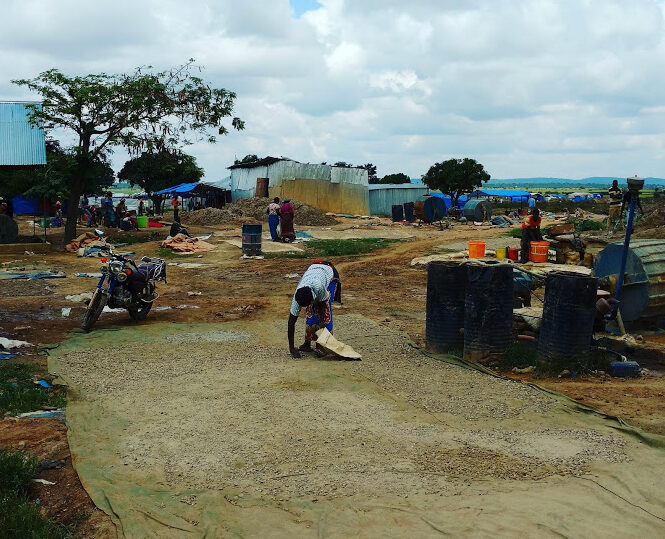
In January 2017, IPIS started working on a project to map the socio-economic and human rights impact of mining in northwest Tanzania. Funded by the Belgian Development Cooperation as part of a programme on Human Rights and Digitalisation, the project used digital technologies to bridge information gaps around mining in Tanzania. The project focussed on […]
Assessing the impact of due diligence programmes in eastern DRC
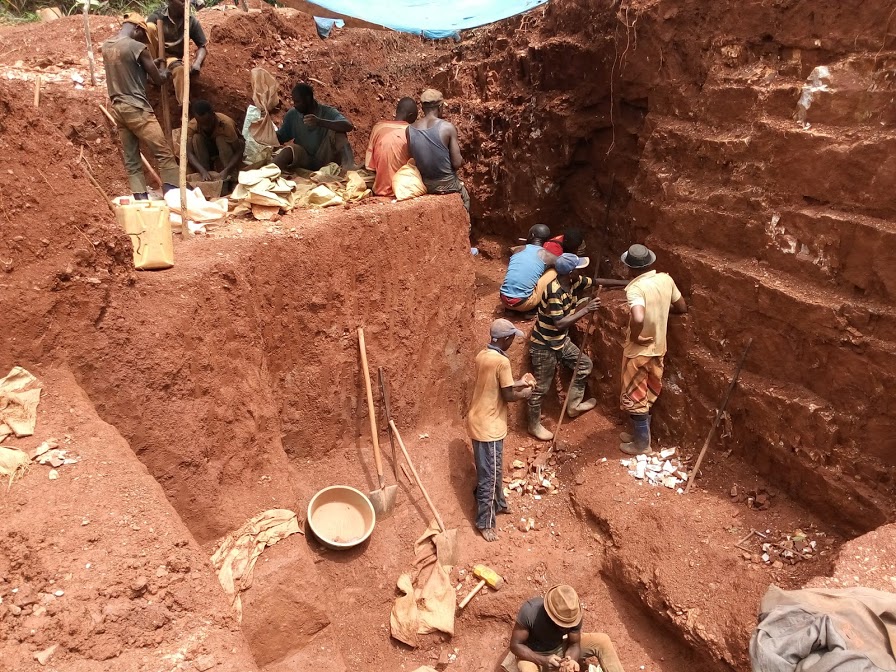
Over the past decade, various legislative and due diligence programmes (DDP) have been developed to improve mining communities’ livelihoods and reduce human rights abuses in conflict affected and high-risk areas, with a special focus on the African Great Lakes region. Despite significant growth and investments in minerals certification and traceability schemes, data on the impact […]
Mapping artisanal mining sites in Runde district, Zimbabwe
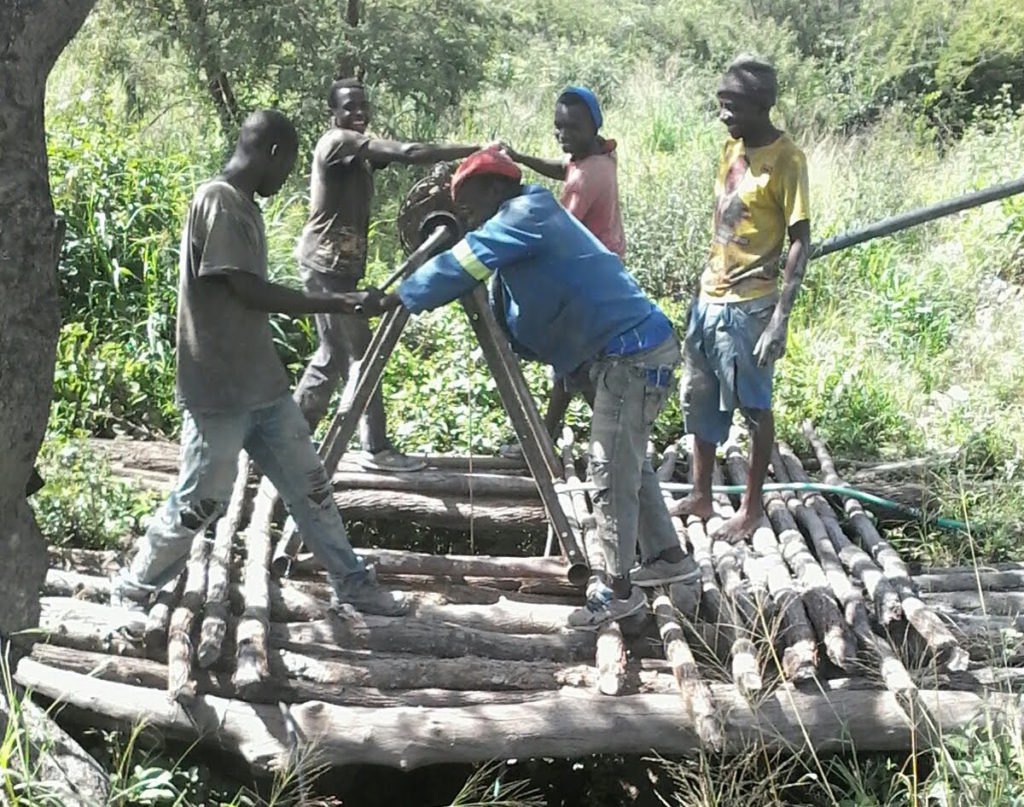
In 2018, the Zimbabwean Lawyers Association ZELA started a pilot project of mapping artisanal mining sites in the Runde district (midlands province) of Zimbabwe. ZELA engaged IPIS to provide technical assistance on mobile data collection tools, questionnaire design and to create a printed map and an interactive webmap. A first training was conducted in Harare […]
Conflict mapping in eastern DRC
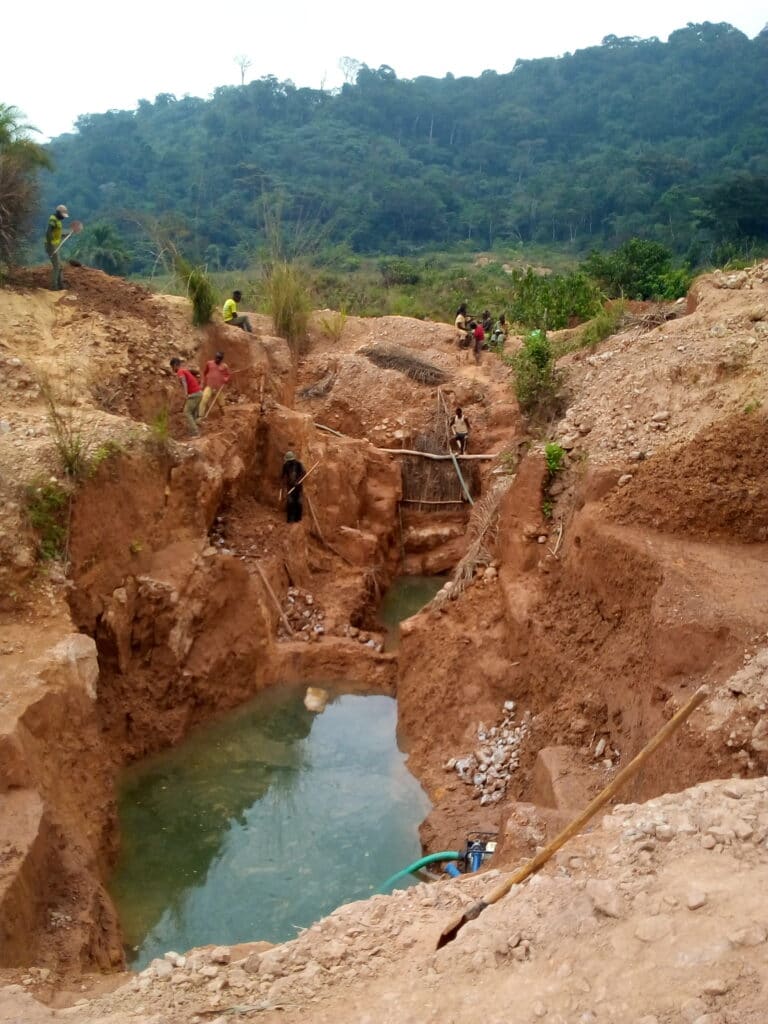
Related Publication(s) Maps of artisanal and small-scale mining in eastern DRC Maps of conflict minerals in Eastern DRC (2020) Conflict Minerals in Eastern DRC (2017) Mineral supply chains and conflict links in eastern democratic republic of congo Mapping Conflict Minerals (2012) Mapping Conflict Motives: M23 (2012) Violence against women in Eastern Democratic Republic of Congo. […]
Mapping artisanal small-scale mining in eastern DRC
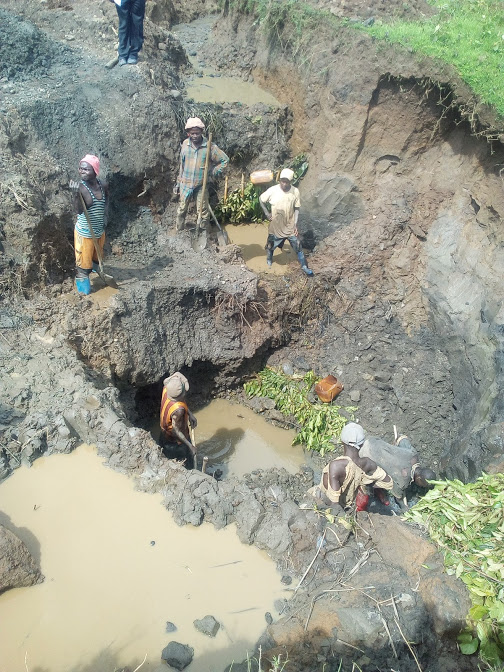
News Story Map of ASM Sites in the DRC October 6, 2020 Explore IPIS’ eastern Democratic Republic of the Congo (DRC) webmap with a guided narrative. In its new story map, IPIS presents data gathered on eastern DRC’s artisanal mining sector and Training and workshop on mapping artisanal mining in Eastern DRC February 9, 2018 […]
Toolbox for Business & Human Rights
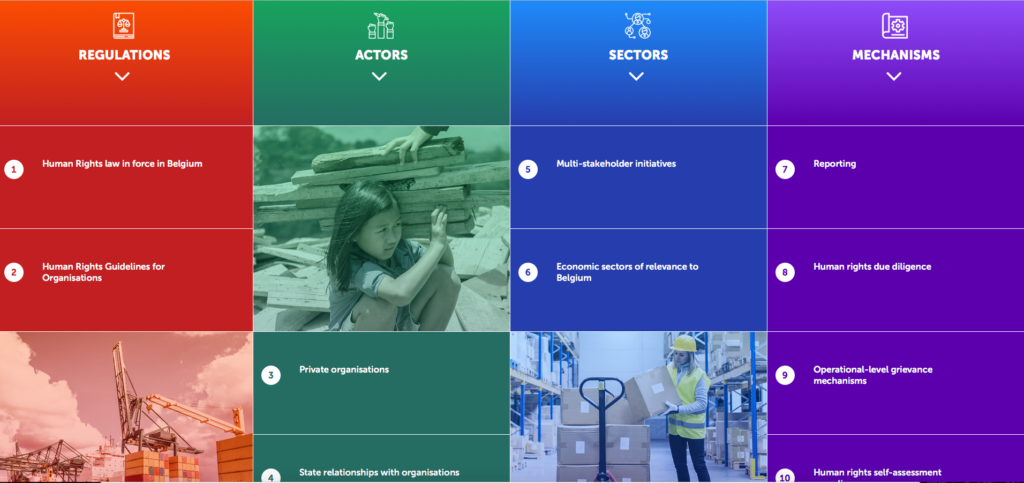
On the 70th anniversary of the Universal Declaration of Human Rights, the Federal Institute for Sustainable Development (FIDO/IFDD) has launched the Toolbox Human Rights. This toolbox is a collaboration between experts from the University of Antwerp and IPIS with valuable contributions from Belgian stakeholders. This toolbox bundles the most important human rights conventions and regulations […]
Capacity building for responsible mineral trade – Gold in South Kivu, DR Congo
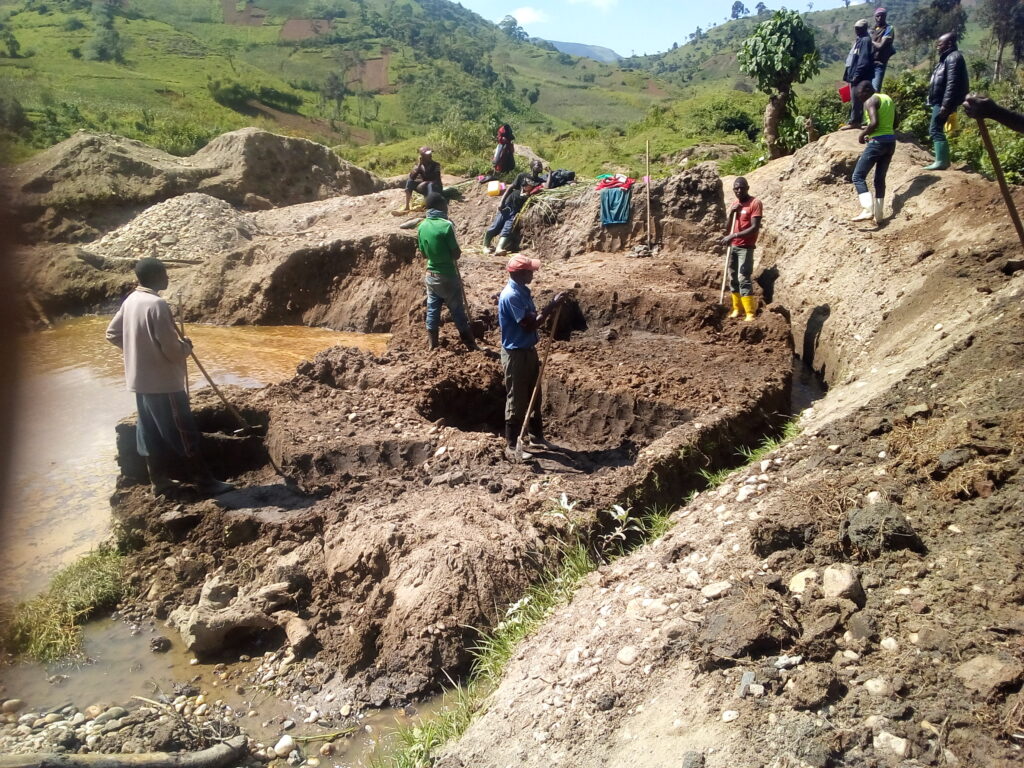
With the support of the USAID program Capacity Building for Responsible Minerals Trade, IPIS developed and implemented a methodology aimed at assessing the responsible sourcing potential of gold mining areas in South-Kivu. IPIS conducted field missions in seven gold trading hubs and their surrounding mines in South-Kivu: Shabunda centre (Shabunda territory), Katchungu (Shabunda territory), Mapimo […]
Conflict mapping in the Central African Republic
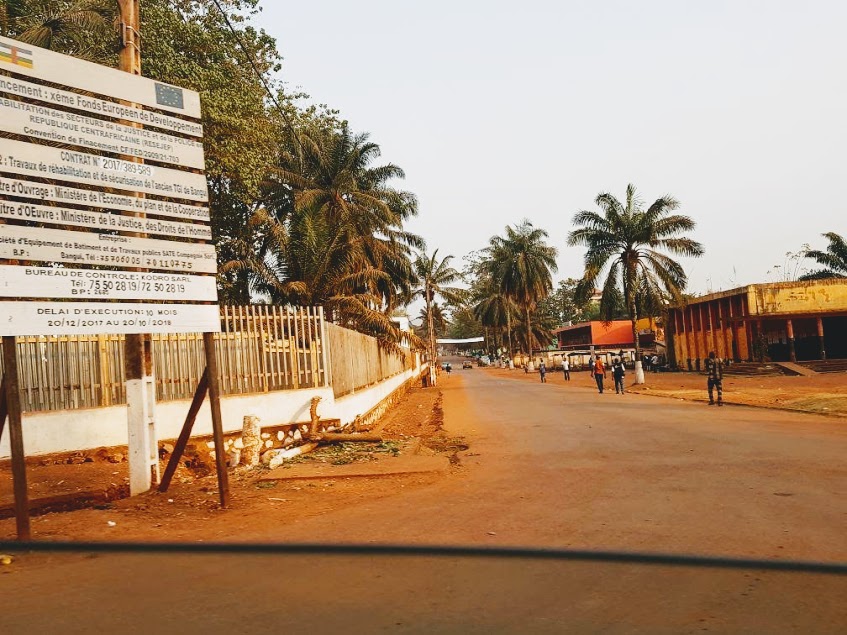
News 22 November – IPIS panel discussion on the Central African Republic October 19, 2018 Central African Republic: A Conflict Mapping IPIS kindly invites you to a panel discussion on the conflict in the Central African Republic on Thursday November 22, 4:30pm at the Jacqmotte Roadblock rebels: IPIS maps important mechanism of conflict funding in […]
Mitigating conflict and reducing environmental impacts of ASM in protected areas
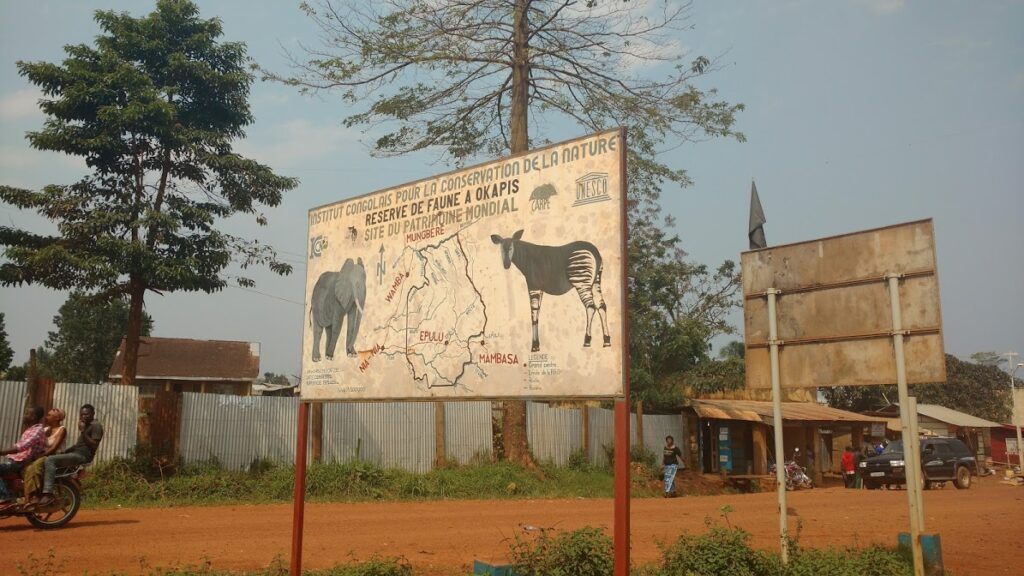
The Wildlife Conservation Society (WCS) and IPIS have been partnering in 2018-2019 to investigate the situation of Artisanal and Small-scale Mining (ASM) within and around Kahuzi-Biega National Park (KBNP) and the Okapi Wildlife Reserve (OWR) in eastern DRC. Both protected areas are listed as UNESCO World Heritage Sites. The activities include research, development of surveys, […]
Mapping roadblocks in eastern DRC
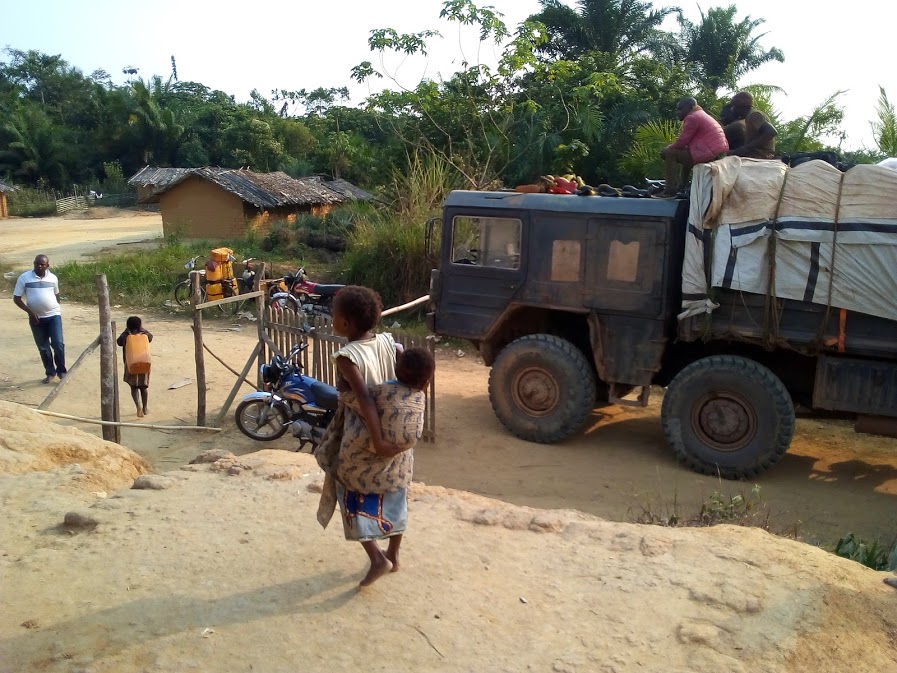
Dates: 2017 – 2018 Location(s): Eastern DRC Research Programme(s): Conflict Mapping Funder(s): IOM Partner(s): DIIS, ASSODIP Activities: Deliverable(s): Project Coordinator Ken Matthysen Researcher e-mail This is the preview of the “Coordinator Project” View. Related Publication(s) Roadblocks and artisanal mining sites – North and South Kivu Provinces (2018) “Everything that moves will be taxed”: the political […]
Artisanal gold monitoring pilot in Mambasa
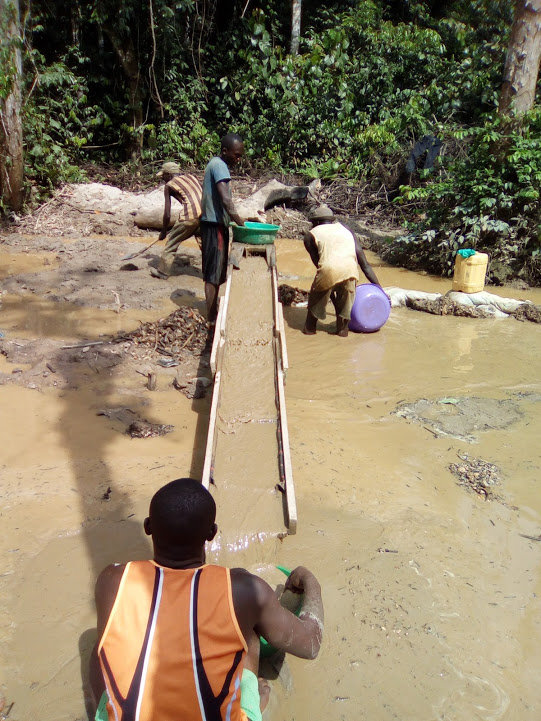
With funding from the Public Private Alliance for Responsible Minerals Trade (PPA), IPIS set up a pilot monitoring system for gold production and trade in Mambasa, Ituri Province, DRC. The first overall objective of this pilot was to enhance local capacities to monitor gold supply chains and due diligence according to a system that balances […]
E-learning modules for the implementation of the Arms Trade Treaty

In June 2017, IPIS launched its e-learning digital education package to support the early ratification and effective implementation of the Arms Trade Treaty. The objective of this e-learning course is to enhance knowledge of arms transfer control issues amongst key stakeholders. The course contains 13 modules covering the key provisions of the Arms Trade Treaty. […]

